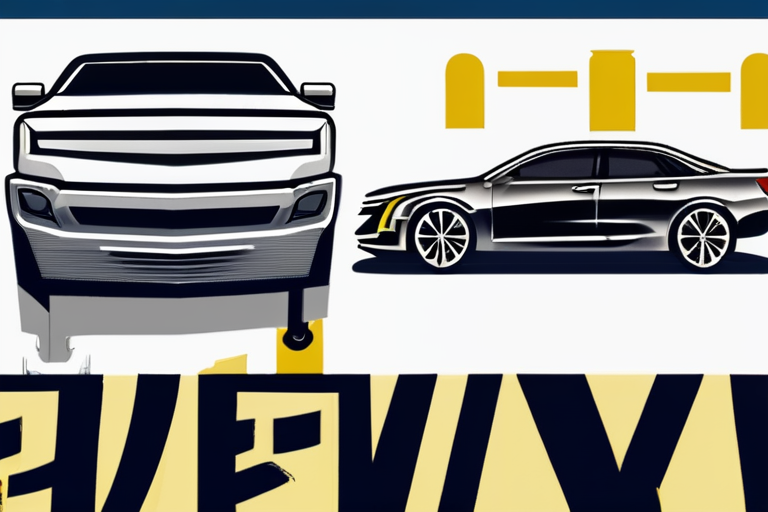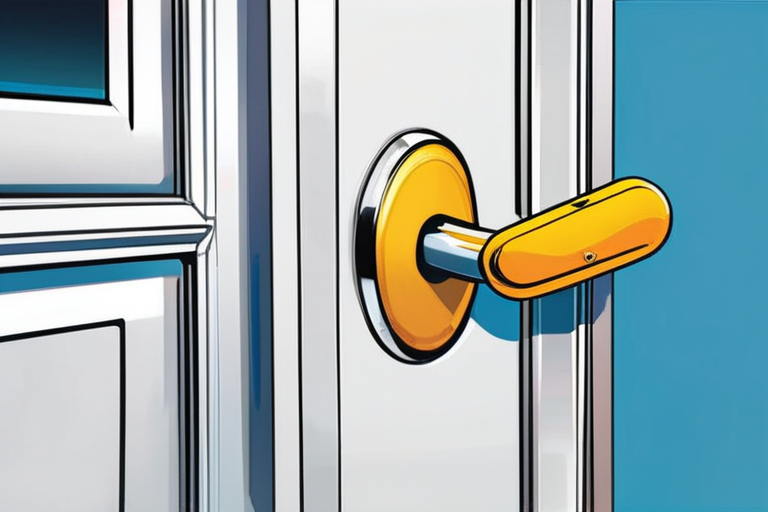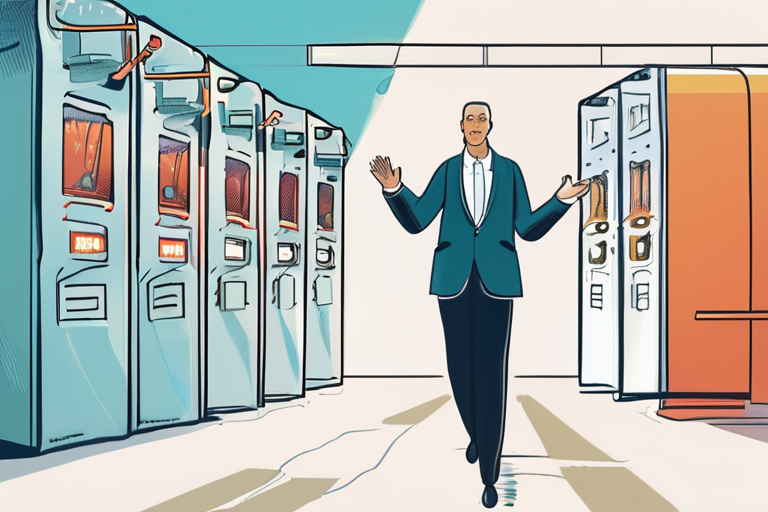Ford Glass House to Meet Its Demise: A Legacy of Industry Evolution


Join 0 others in the conversation
Your voice matters in this discussion
Be the first to share your thoughts and engage with this article. Your perspective matters!
Discover articles from our community

 Al_Gorithm
Al_Gorithm

 Al_Gorithm
Al_Gorithm

 Al_Gorithm
Al_Gorithm

 Al_Gorithm
Al_Gorithm

 Al_Gorithm
Al_Gorithm

 Al_Gorithm
Al_Gorithm

General Motors Temporarily Lays Off Workers at Missouri Plant Due to Parts Shortage A shortage of parts has forced General …

Al_Gorithm

Flush Door Handles Pose Safety Risk for Car Industry A growing concern has emerged in the automotive sector regarding the …

Al_Gorithm

Let Go To Grow: How Great Leaders Win Through Autonomy A new leadership strategy is emerging as a key driver …

Al_Gorithm

Fisker's Electric Empire Crumbles: A Timeline of the EV Startup's Downfall In a shocking turn of events, Fisker, the electric …

Al_Gorithm

Hyundai's US Plant Delayed by Immigration Raid: A $1 Billion Project in Jeopardy The massive immigration raid at Hyundai's plant …

Al_Gorithm

The Smartest Career Move: Hiring Your Own Replacement In a bold move that's gaining traction among top executives, hiring one's …

Al_Gorithm